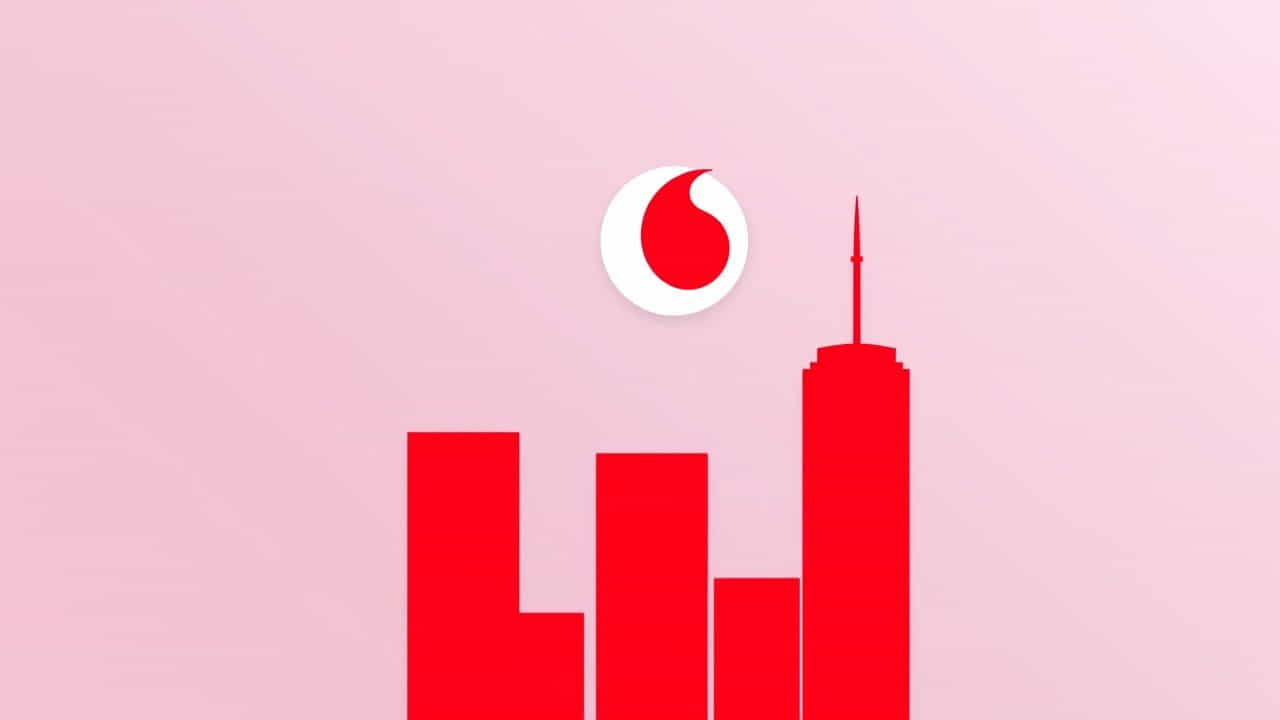Vodafone Group has been restructuring its global operations to strengthen its financial position, and one key move in India is the divestment from Indus Towers. This decision comes amid debt challenges, changing market dynamics, and the need for strategic realignment in the telecom sector.
Indus Towers is one of the largest telecom infrastructure companies in India, providing mobile tower services to major telecom players, including Bharti Airtel, Vodafone Idea, and Reliance Jio. Vodafone’s plan to sell its stake in Indus Towers has significant implications for the telecom industry, investors, and India’s digital infrastructure.
This topic explores Vodafone Group’s Indus Towers divestment, the reasons behind it, its impact, and what it means for the future of India’s telecom sector.
Understanding Vodafone Group’s Stake in Indus Towers
Indus Towers was originally a joint venture between Bharti Airtel, Vodafone India, and Idea Cellular. After the merger of Vodafone India and Idea Cellular in 2018, the new entity, Vodafone Idea, became a key stakeholder in Indus Towers.
Currently, Vodafone Group owns approximately 21.5% of Indus Towers, making it one of the largest shareholders. However, Vodafone has been gradually reducing its stake to improve its financial position.
Why Is Vodafone Divesting From Indus Towers?
1. Debt Reduction Strategy
Vodafone Group has been facing financial difficulties due to:
✔️ Declining revenues in key markets like Europe and India.
✔️ High debt levels exceeding billions of dollars.
✔️ Increased competition from telecom giants such as Jio and Airtel.
By selling its stake in Indus Towers, Vodafone aims to raise funds to pay off its debts and invest in core markets.
2. Exit From Non-Core Assets
Vodafone has been focusing on streamlining its business operations by exiting non-core assets. The telecom giant has already sold stakes in various infrastructure businesses worldwide.
The divestment from Indus Towers aligns with Vodafone’s global restructuring strategy, allowing the company to focus on its primary business segments like 5G expansion and digital services.
3. Financial Troubles of Vodafone Idea
Vodafone Idea, in which Vodafone Group holds a significant stake, has been struggling financially due to:
✔️ High spectrum fees and regulatory payments in India.
✔️ Declining subscriber base compared to Airtel and Jio.
✔️ Limited investment in 5G technology due to financial constraints.
By selling its stake in Indus Towers, Vodafone can secure funds to stabilize Vodafone Idea and fulfill its financial commitments.
Impact of Vodafone’s Indus Towers Divestment
1. Effects on India’s Telecom Infrastructure
Indus Towers plays a crucial role in India’s telecom infrastructure, providing mobile towers that support network expansion for major telecom operators.
If Vodafone sells its stake, potential buyers could bring fresh investments to expand infrastructure, especially in rural and 5G networks. However, any disruptions in ownership transition could affect network stability and tower expansion projects.
2. Influence on Bharti Airtel’s Stake in Indus Towers
Bharti Airtel, another major shareholder in Indus Towers, could increase its stake if Vodafone exits. This could:
✔️ Strengthen Airtel’s control over Indus Towers and provide more operational stability.
✔️ Enable Airtel to expand its 5G network faster by leveraging tower infrastructure.
✔️ Reduce Vodafone Idea’s influence in the telecom infrastructure sector.
3. Potential Buyers for Vodafone’s Stake
Vodafone is looking for potential investors to acquire its stake in Indus Towers. Some likely candidates include:
Private equity firms – Investment groups interested in telecom infrastructure assets.
Global infrastructure funds – Firms looking to expand their portfolio in the Indian telecom sector.
Indian corporate groups – Companies seeking to strengthen their presence in digital infrastructure.
A new investor could bring fresh capital and innovation to Indus Towers, ensuring its continued growth.
4. Impact on Vodafone Idea’s Future
Vodafone Idea relies heavily on Indus Towers for telecom infrastructure, including tower leases for network expansion. If Vodafone Group sells its stake, Vodafone Idea could face:
✔️ Higher leasing costs if new owners revise contracts.
✔️ Operational uncertainties if new investors prioritize profits over telecom growth.
✔️ Increased financial burden, making it harder for Vodafone Idea to compete with Airtel and Jio.
What’s Next for Vodafone Group?
1. Strengthening Global Presence
After divesting from Indus Towers, Vodafone may focus on strengthening its European and African markets. The company has been investing in:
✔️ 5G and fiber optic networks in Europe.
✔️ Expanding digital services such as cloud computing and IoT.
✔️ Growing its telecom footprint in Africa, where mobile penetration is rising.
2. Supporting Vodafone Idea’s Survival
Vodafone Group is still a key investor in Vodafone Idea, which continues to struggle financially. The proceeds from the Indus Towers stake sale could be used to support Vodafone Idea’s 5G rollout and financial recovery.
3. Possible Exit From the Indian Market?
Some analysts speculate that Vodafone Group may eventually exit the Indian market due to continued losses. If this happens, Vodafone Idea may:
✔️ Seek new investors or strategic partners to stay afloat.
✔️ Undergo merger talks with another telecom player for survival.
✔️ Receive government support to ensure telecom competition remains balanced.
Vodafone Group’s divestment from Indus Towers is a strategic move to reduce debt, streamline operations, and focus on core markets. While this decision could bring fresh investments into India’s telecom infrastructure, it also raises questions about the future of Vodafone Idea and the competitive landscape of the telecom sector.
The outcome of this divestment will depend on who acquires Vodafone’s stake, how Bharti Airtel responds, and how Vodafone Idea manages its financial challenges. As the Indian telecom industry evolves, Vodafone’s exit from Indus Towers marks a significant shift in the sector’s dynamics, paving the way for new developments in network expansion, 5G deployment, and market competition.
